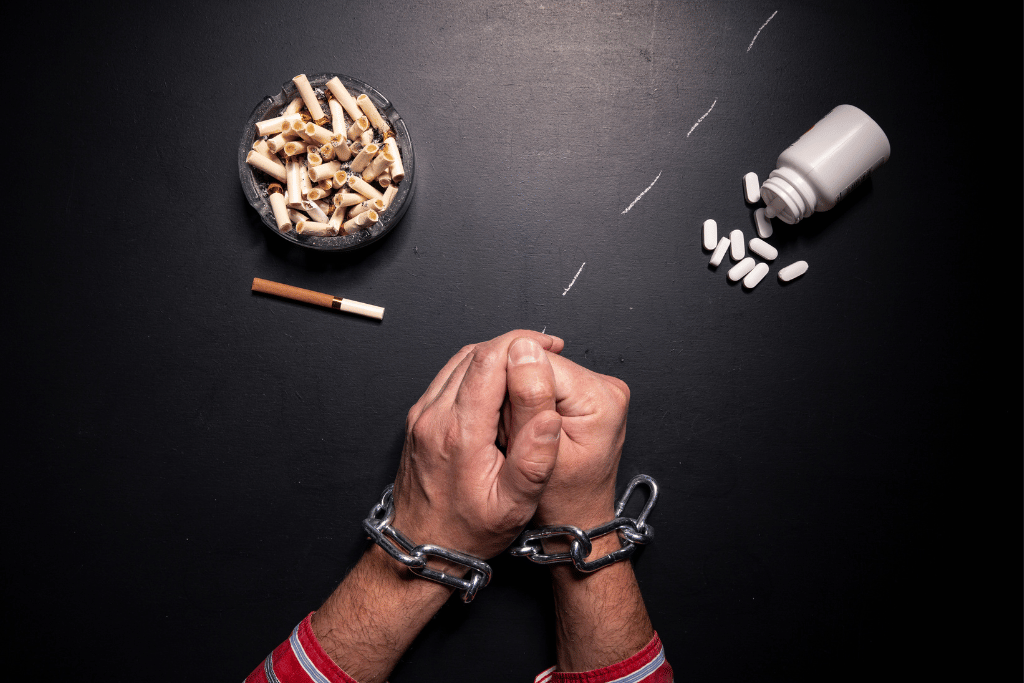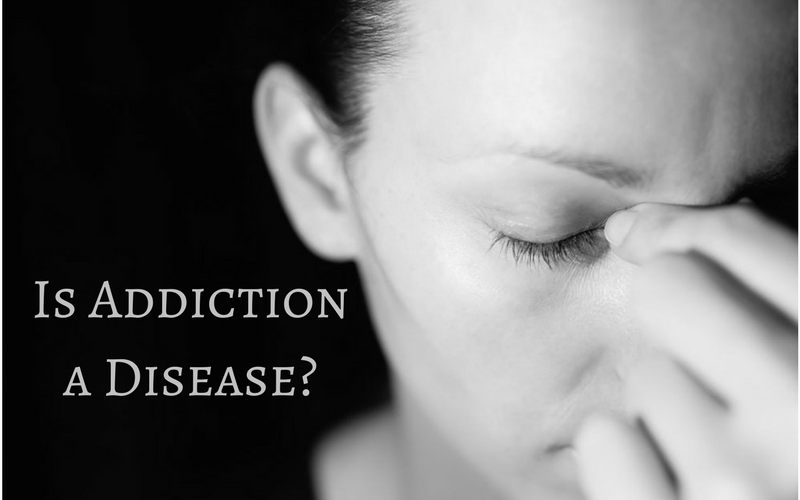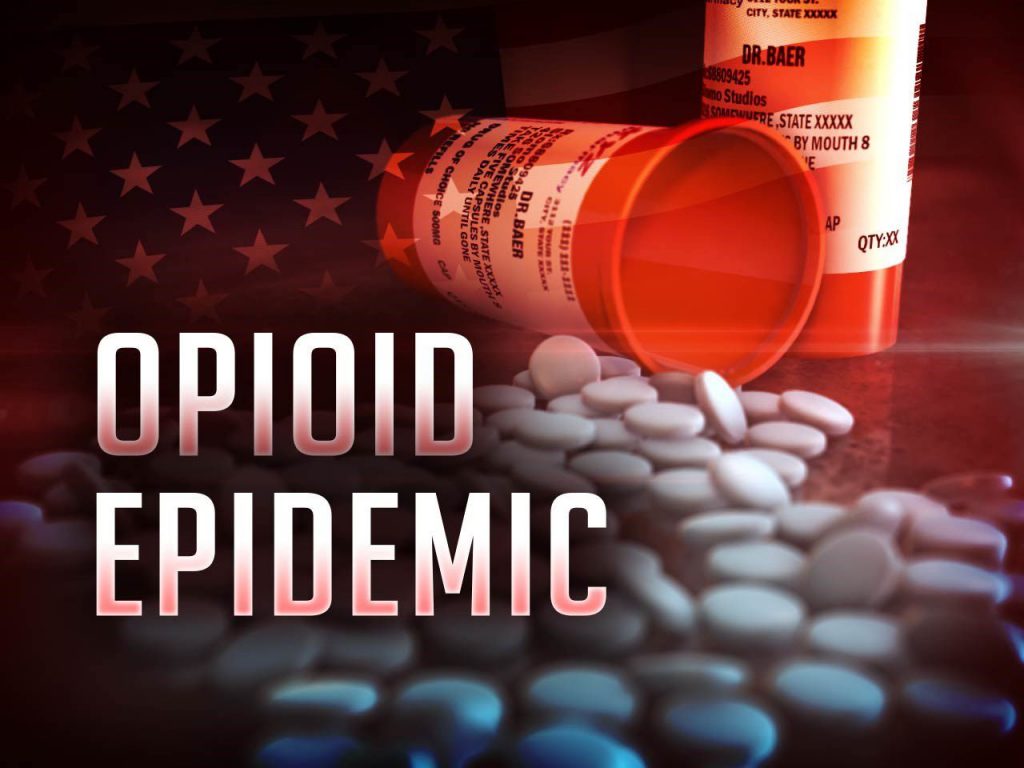Addiction is a complex and multifaceted condition that affects millions of people around the world. It can manifest in various forms, including substance addiction, gambling addiction, and even behavioral addiction. Unfortunately, many people who suffer from addiction are unaware that they have a problem until it becomes severe and has a significant impact on their lives.
If you’re concerned that you or a loved one may be struggling with addiction, it’s essential to know the signs and symptoms to look out for. In this article, we’ll explore some common indicators and facts about addiction and discuss how to get help if you need it.
What Is Addiction?
Addiction is a chronic disease that affects the brain’s reward, motivation, and pleasure centers. It’s characterized by compulsive behavior, despite negative consequences. Addiction can occur with substances like drugs and alcohol or with behaviors like gambling, shopping, or sex.
One of the primary drivers of addiction is the release of dopamine in the brain’s reward center. When we engage in pleasurable activities, our brain releases dopamine, which creates a feeling of pleasure and reward. Over time, our brains can become conditioned to seek out this dopamine release, leading to compulsive behavior.
What Are The Signs Of Addiction?
Addiction can manifest in a variety of ways, but some common signs include:
Loss of Control
One of the hallmark signs of addiction is the inability to control your behavior. You may find that you’re unable to stop using drugs or alcohol, even when you want to.
Preoccupation
If you find that you’re constantly thinking about using drugs or engaging in other addictive behaviors, you may have an addiction. This preoccupation can take over your thoughts and distract you from other important aspects of your life.
Withdrawal Symptoms
If you experience physical or emotional symptoms when you try to stop using drugs or engaging in addictive behaviors, you may be addicted. Withdrawal symptoms can include shaking, sweating, anxiety, and depression.
Tolerance
Over time, your body may become accustomed to the effects of drugs or addictive behaviors, leading to tolerance. This means that you’ll need more of the substance or behavior to achieve the same level of pleasure or reward.
Negative Consequences
Addiction can have significant negative consequences on your life. You may experience problems at work, school, or in your relationships. You may also experience financial difficulties, legal problems, or health issues. Despite these negative consequences, you may continue to engage in the addictive behavior.

How Can I Get Help For Addiction?
If you’re concerned that you or a loved one may be struggling with addiction, it’s essential to seek help. Addiction is a chronic disease, and it’s unlikely to go away on its own. Here are some steps you can take to get help:
Talk To Your Doctor
Your doctor can be a valuable resource in helping you manage your addiction. They can provide you with referrals to addiction specialists and recommend treatments that may be helpful.
Attend Support Groups
Support groups like Alcoholics Anonymous or Narcotics Anonymous can provide you with a community of people who understand what you’re going through. These groups can offer you support, guidance, and accountability as you work to overcome your addiction.
Consider Therapy
Therapy can be an effective way to address the underlying causes of addiction. A therapist can help you identify triggers, develop coping strategies, and work through any emotional issues that may be contributing to your addiction.
Explore Treatment Options
There are a variety of treatment options available for addiction, including inpatient and outpatient programs, detoxification programs, medication-assisted treatment, and even luxury rehabs. It’s essential to find a treatment program that meets your specific needs and preferences.
Take Care Of Yourself
It’s essential to prioritize your physical and mental health as you work to overcome addiction. This means eating a healthy diet, getting enough sleep, exercising regularly, and engaging in activities that bring you joy and fulfillment. It’s also essential to seek out support from family and friends and to avoid triggers that may lead to relapse.
It’s important to remember that recovery from addiction is a process, and it’s unlikely to be a straightforward or easy journey. However, with the right support and resources, it’s possible to overcome addiction and live a fulfilling life in recovery.
Conclusion
If you’re concerned that you or a loved one may be struggling with addiction, it’s important to take action. Recognizing the signs and symptoms of addiction is the first step in getting help. Whether you decide to seek out a support group, attend therapy, or explore treatment options, there are many resources available to help you on your journey to recovery. Remember, addiction is a chronic disease, but it’s treatable, and with the right support, it’s possible to overcome it and live a fulfilling life in recovery.



